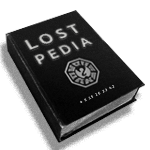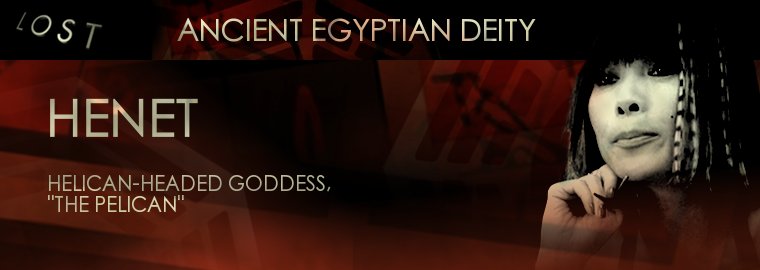Season: 3, Episodes: 1, Faction: N/A

![]()
 Overview
Overview
Achara was a native of Phuket, Thailand and a skilled tattoo artist.


3×09 – Stranger in a Strange Land
Following a messy divorce, Jack Shephard traveled to Phuket and encountered Achara on the beaches there. Helping to assemble his kite, the pair sparked a relationship immediately, with Achara handing Shephard a small, rectangular object as a gift. Beginning an intimate relationship, Achara remained mysterious, coming and going from Shephard’s hut without explanation.
Suspicious and slightly intoxicated, Shephard followed her following one of their meetings and discovered that she worked as a tattoo artist. Asking her to brand him with her work, Achara declared him an outsider and claimed that she could only mark natives. She described the body art as definition as opposed to decoration, claiming to “see who people are” and then tattooing that on them.
Forcing her hand, she claimed there would be consequences as she inscribed the phrase “He walks amongst us, but he is not one of us.” According to Achara, it signifies that he is a leader, but that being one makes him “lonely, and frightened, and angry”.
In the following days Achara’s brother, Chet, discovered the transgression that had occurred and hunted down Shephard and beat him severely with the help of several Thai men. Sufficiently battered, Shephard was warned that if he ever returned he would suffer greater consequences, watching a sad Achara turn her back on him as she sailed away. (“Stranger in a Strange Land”)
Related Character Images
Decoded Season 1 Characters
Decoded Season 2 & 3 Characters
Key Episode(s) to Decoding the Character

A Goddess depicted with the head of a pelican; in translations, generally simply “the Pelican”. In PT utterance 318 (first T-text), it is said that “the Pelican [Ḥnt] is the King’s mother and the King is her son.” In CT spell 225 (BD spell 68), the deceased is assured that “the mouth of the Pelican is opened for you, the mouth of the Pelican is thrown open for you, the Pelican has caused you to go out into the day to the place where you wish to be,” where Faulkner (Ancient Egyptian Coffin Texts, vol. I, p. 178) suggests the mouth of the Pelican to be a figurative way of referring to the doors of the tomb; but variants read “the Pelican opens your mouth”, implying instead a divinity active in the drama of resurrection.
The Pelican’s mouth may be the source of a prophetic utterance or judgment, as we see in PT utterance 254, where the king states, amidst threats for cataclysm if a place is not made for him by the “Lord of the horizon”, that “the ḥnt-pelican will prophesy, the psḏt-pelican will go up.” But CT spell 484 states, with a clearly positive connotation, “the Pelican prophesies, the Shining One [psḏt] goes forth, the dress of Hathor is woven, a path is prepared for me that I may pass by.” CT spell 622 repeats the formula “the pelican will prophesy, the shining one will go forth.” In both PT utt. 254 and CT spell 622, we find the threat that “the earth will speak no more” preceding the pelican prophecy formula; is there an implicit substitution here of the Pelican for Geb? Or an inversion of the normal state of affairs?
The enigmatic CT spell 243, “for opening up the West and for acquiring ꜥftt of the West in the realm of the dead,”—ꜥftt is an unknown abstract noun also occurring in spell 259, “Being introduced to them [viz., certain snakes] in the horizon”: “I open ꜥftt on the hands of that God who gives orders in accordance with what he knows”—has the formula “I am the Pelican who saw your birth, I have come that I may inspect my nest.” Similarly, spell 263 has “I am the Pelican who saw your birth, who saw your birth when you were born. I have come here seeking my fledglings.” Spell 264 perhaps clarifies the “you” in the former: “O Great One, loud of voice,” this being a common epithet of Seth, “N is the Pelican who sees your head”—i.e., behind him—“He [N] has come here that he may seek his fledglings.”
CT spell 622 indicates a reciprocity between the deceased and Henet established in ritual action while alive, with the formula “I have affixed my head to my neck”—an image of resurrection, comparable to opening of the mouth—“and my neck is on my trunk in this my name of Affixer-of-head, by means of which I affixed the head of the Pelican on the day of the head-festival of the Bull.”
























You must be logged in to post a comment.